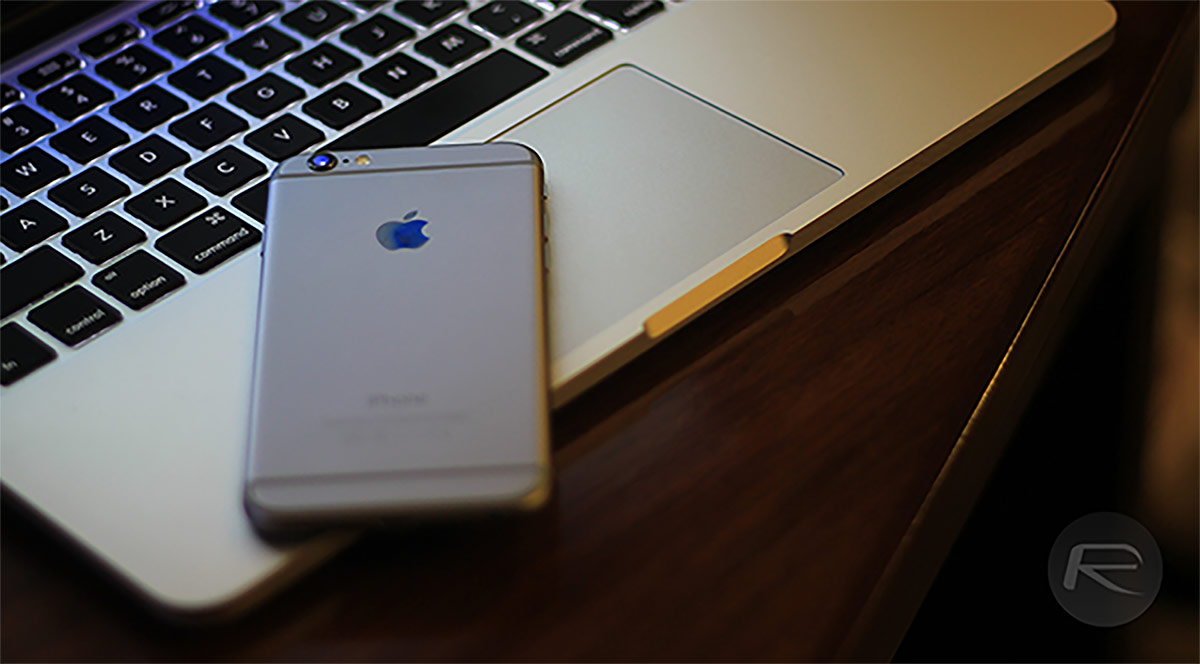A new US Copyright Office ruling relating to the DMCA has provided additional clarity of device modification and unlocking and will immediately appeal to individuals and companies involved in modifying and hacking smartphones.
As a lot of people with a keen interest in this will already know, it’s possible for average everyday individuals to petition for changes to be made to section 1201 of the Digital Millennium Copyright Act once every 36-months.

A lot of companies have typically hidden behind this particular section of the DMCA to try and prevent modifiers and software hackers from making changes to their devices. However, the US Copyright Office has announced a number of changes that will be immediately classified as a victory for those people out there who want to modify voice-based hardware or unlock smartphones.
The amendments to the DMCA, which take effect on October 28th, 2018, will be complexly worded and difficult to understand for a lot of people, but the changes have been summarized by Kyle Wein of iFixit.
In short, any voice-assistant devices are now legally allowed to be jailbroken in the United States. This includes hardware powered by Google’as Assistant, Apple’s Siri, or Amazon’s Alexa. It’s also now legal for new smartphones to be unlocked for use with any network. Previously, only used smartphones could be unlocked without repercussion. Perhaps most importantly to a lot of people, the amends also now means that it’s perfectly legal for users to have their devices repaired by third-party service providers, which should bring the cost of repair down for a lot of people who have previously been forced to use official services where the price is inflated.

If you happen to own a tractor, you can now also legally repair it via a software modification if you have the necessary skills. The changes and amends are definitely a step in the right direction but they don’t extend as far as some would like. As an example, it’s still classified as being illegal to have a PlayStation 4 or Xbox One repaired via a third-party service provider. It’s also still illegal to bypass High-bandwidth Digital Content Protection (HDCP) but is an overall victory for third-party repair services and cost efficiencies for consumers in the United States.
(Source: iFixit)
You may also like to check out:
- Kodi 18 Beta 4 APK Android Download, iOS App Out, Here’s What Is New
- Downgrade From iOS 12.0.1 To iOS 12.0 No Longer Possible As Apple Stops Signing The Firmware
- Download: iOS 12.1 Beta 5 IPSW Links And OTA, watchOS 5.1, tvOS 12.1 Released
- Jailbreak iOS 11.4.1 Update: Ian Beer Releases His Exploits
- How To Downgrade iOS 12.0.1 To iOS 12.0 / 11.4.1
- Download: iOS 12.0.1 IPSW Links, OTA Update For iPhone And iPad Released
- Jailbreak iOS 12.0.1 / 12 / 12.1 On iPhone And iPad [Status Update]
You can follow us on Twitter, add us to your circle on Google+ or like our Facebook page to keep yourself updated on all the latest from Microsoft, Google, Apple, and the Web.

